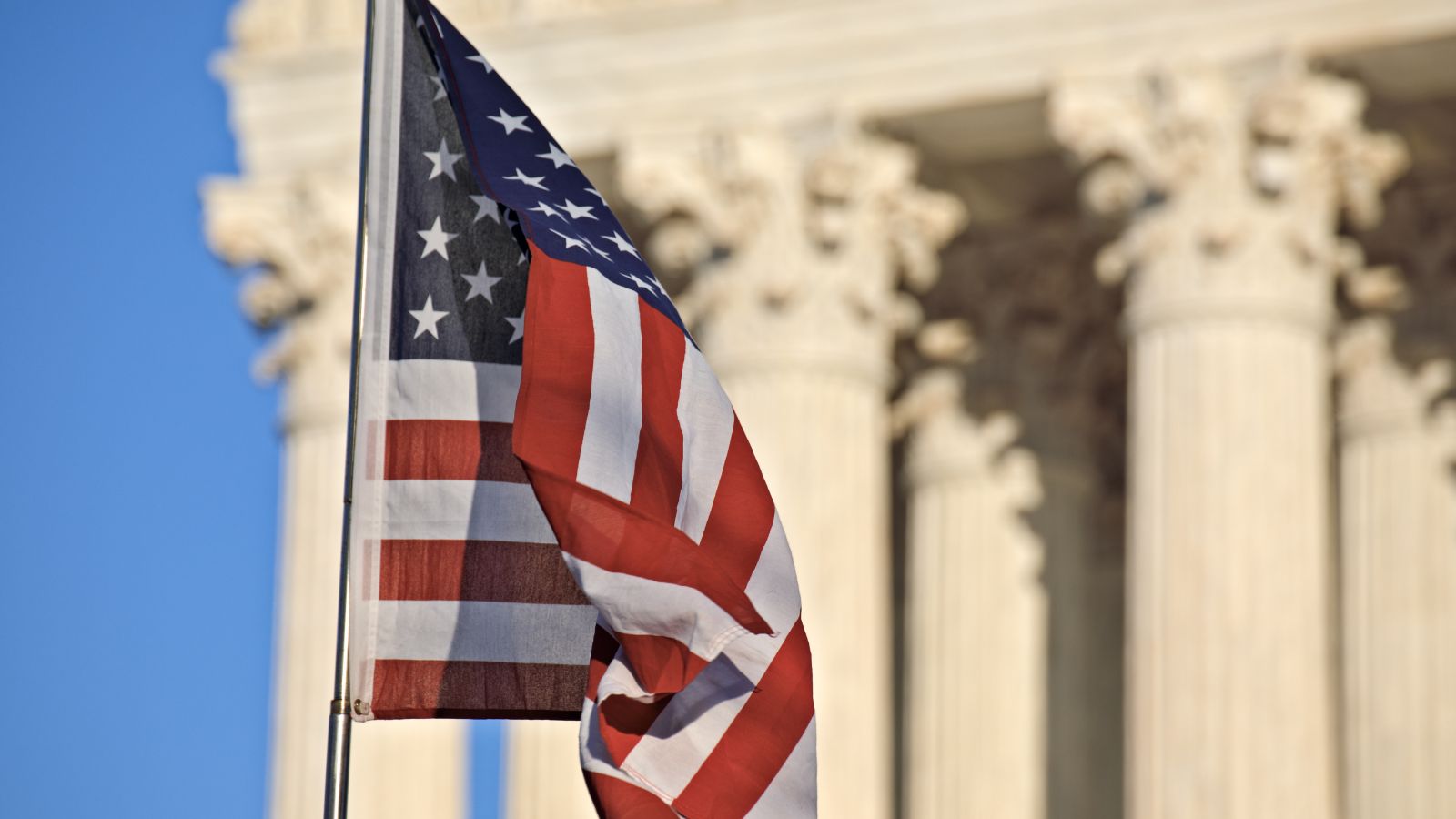American culture features certain practices that other people around the world either don’t understand or see as socially and financially unacceptable. We have compiled 19 of these practices and how important they are in the U.S.
Drinking Iced Water

Ice is integral to the drinking experience in the U.S., where you’ll see large chunks of it put into drinks even during the winter. This practice is sometimes to the dismay of Europeans who are okay taking their drinks at room temperature or slightly chilled in the refrigerator, especially if it isn’t water.
Tipping Generously

Tipping has become so ingrained in American society that even e-commerce brands have started asking for some extra money. It’s common to see services tipped for around 15–20% of the bill, with USA Today sharing that the average is around 18%. This is a practice that helps workers in lower-income positions earn enough to support themselves financially.
Free Refills
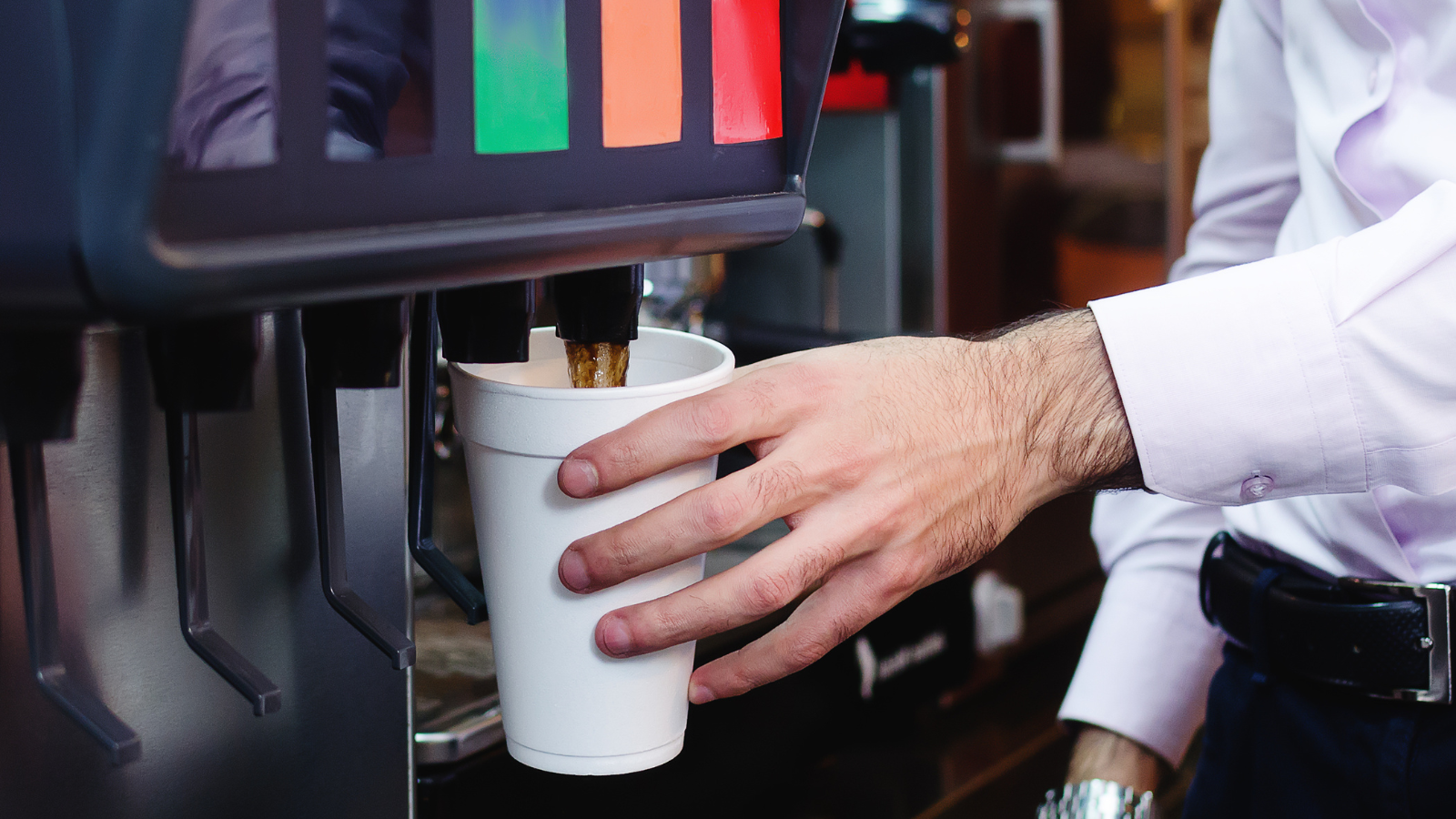
Outside the U.S., free refills are seen as either non-economical or even a risk to public health, so much so that, according to Time Magazine, they’ve been banned in countries like France. In America, however, they are a staple part of the dining experience, and you shouldn’t be surprised to find many restaurants offering an unlimited number of them.
Large Portion Sizes
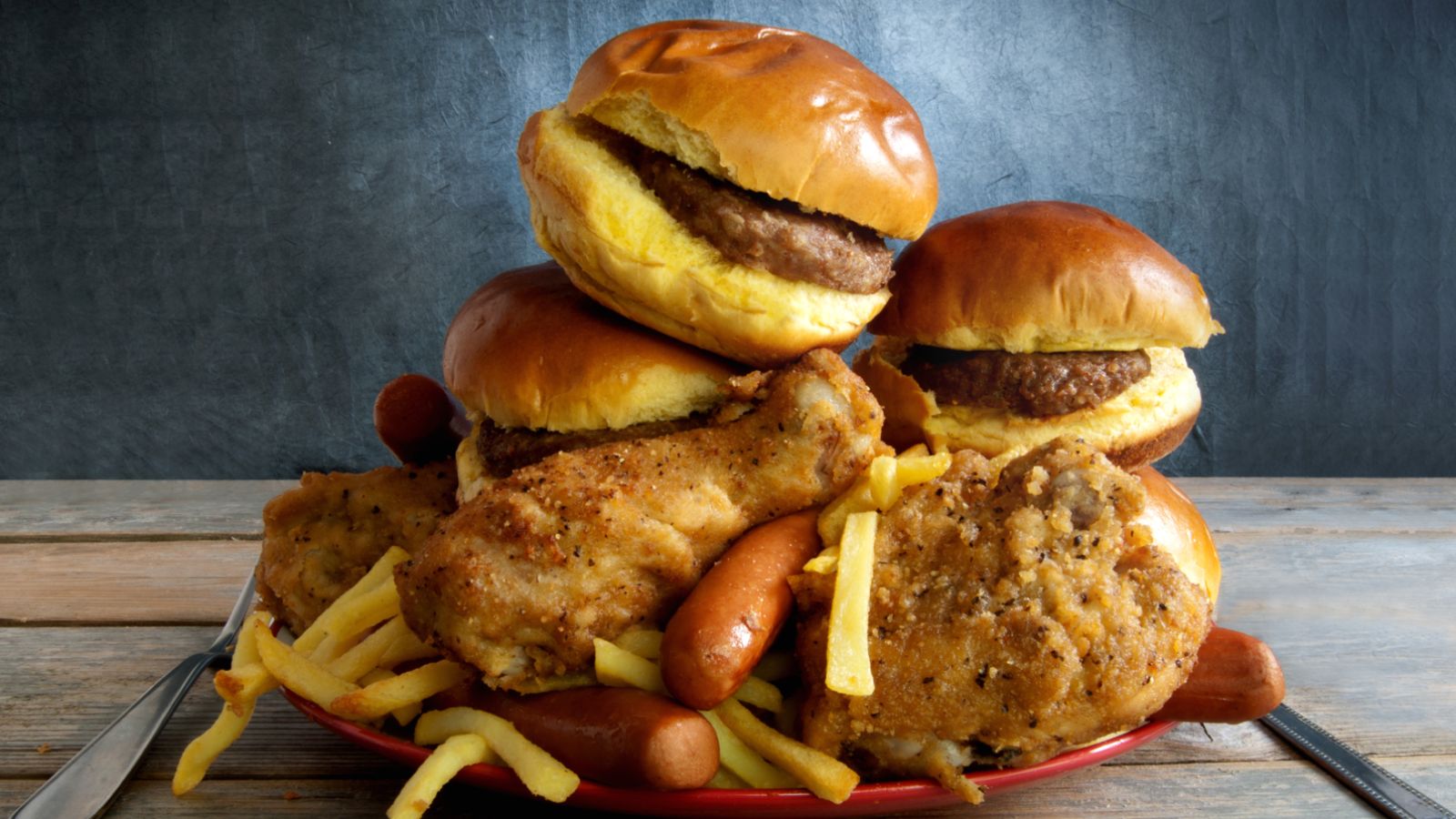
Portion sizes in American restaurants tend to be quite large. Visitors often find themselves overwhelmed by the amount of food served, as portions are significantly bigger than those in other countries, sometimes by up to 50%. As good as it sounds, this often leads to an increase in food waste and overeating.
Using Feet and Inches
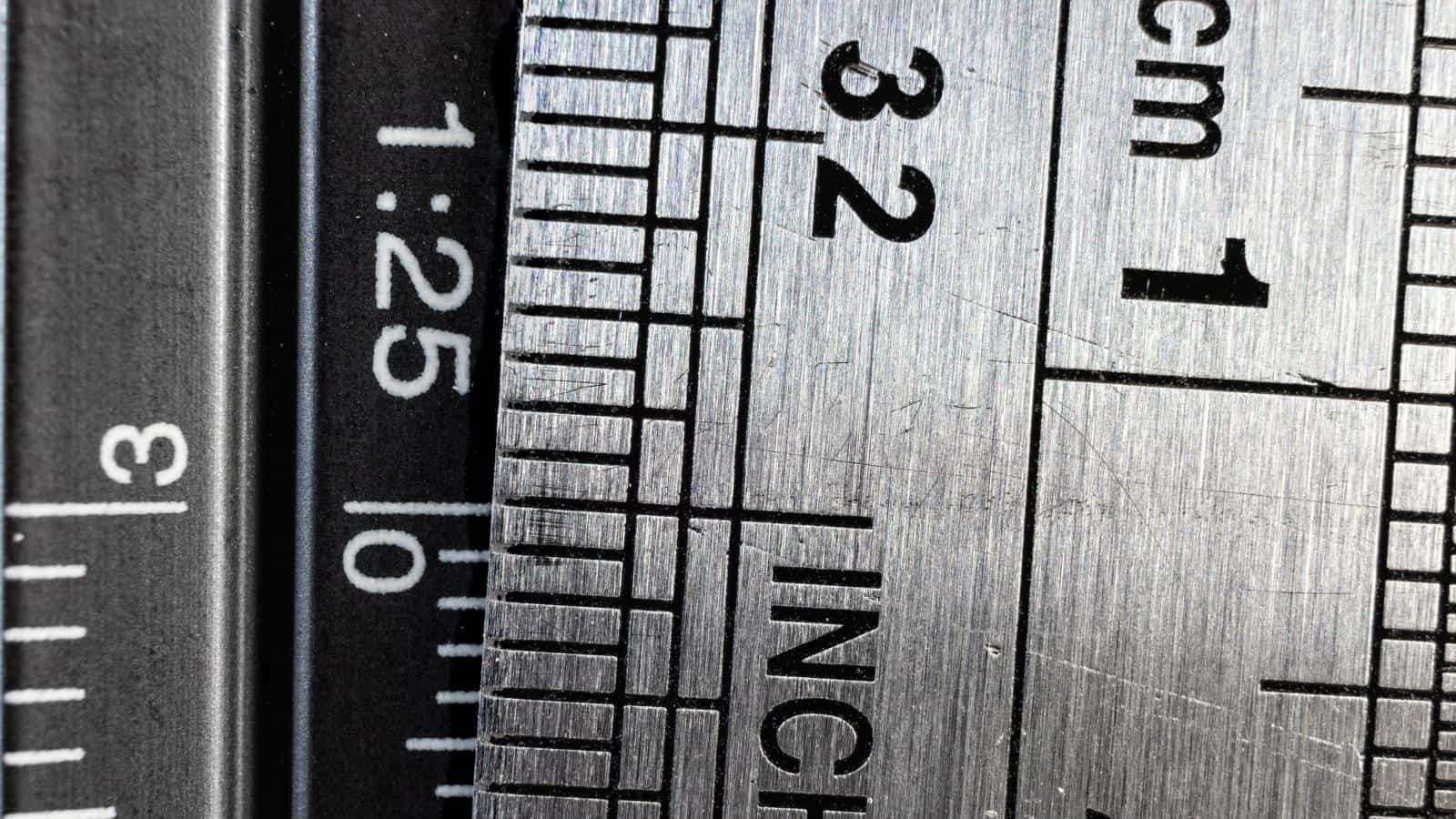
The United States uses the imperial system for measurements, and this means, for instance, that Americans measure length in feet and inches. This system also includes pounds for weight and gallons for volume, which can confuse international visitors, as most of the world, except Myanmar and Liberia, uses the metric system.
Drive-Thru Everything
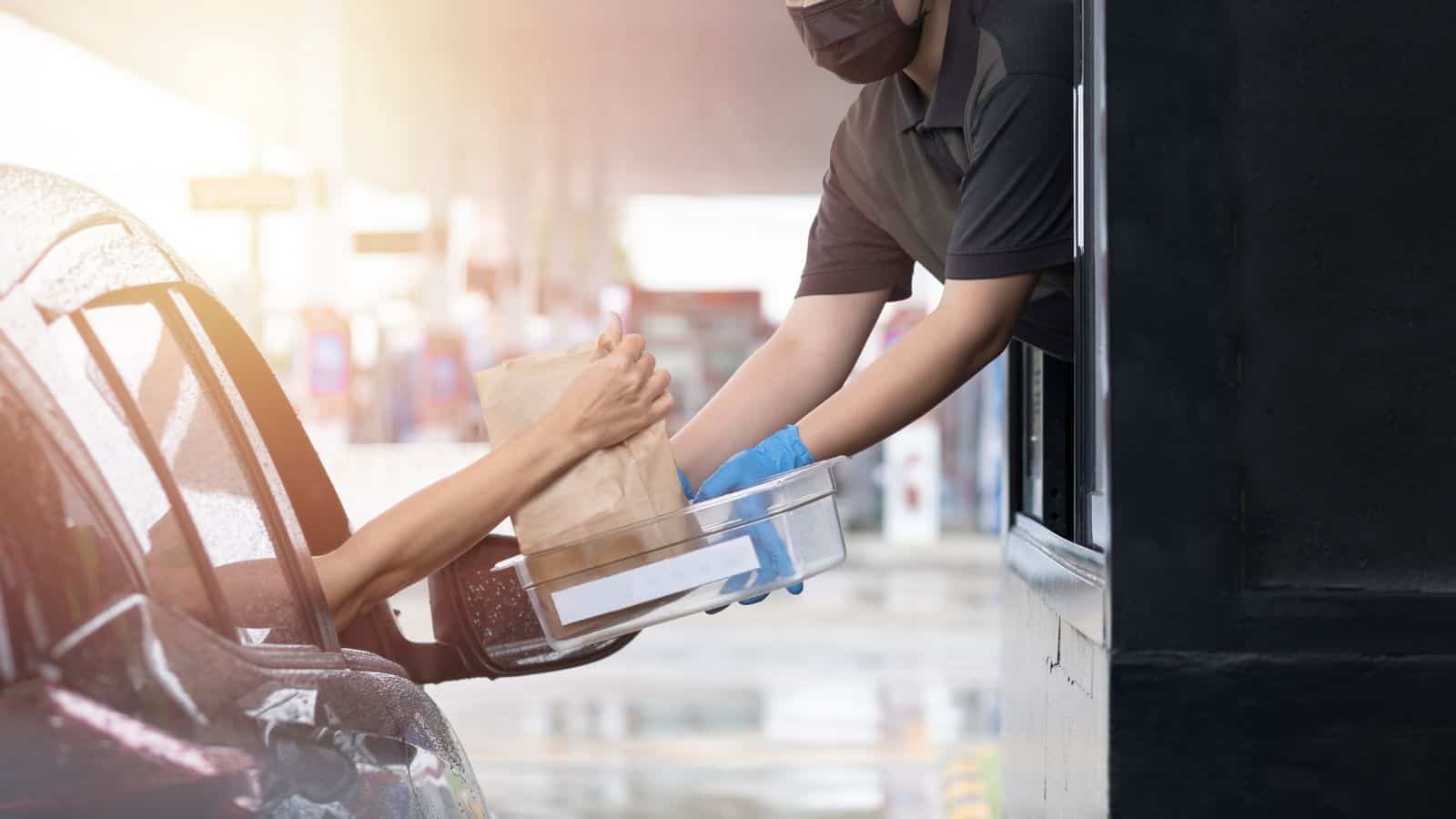
Drive-thrus are commonplace in America, and they aren’t limited to fast-food restaurants alone. You can find drive-thru pharmacies, banks, and even wedding chapels spread across the United States, and this convenience-oriented service is a distinct solution reflecting a culture that values speed and efficiency in daily activities.
Flag Displays Everywhere
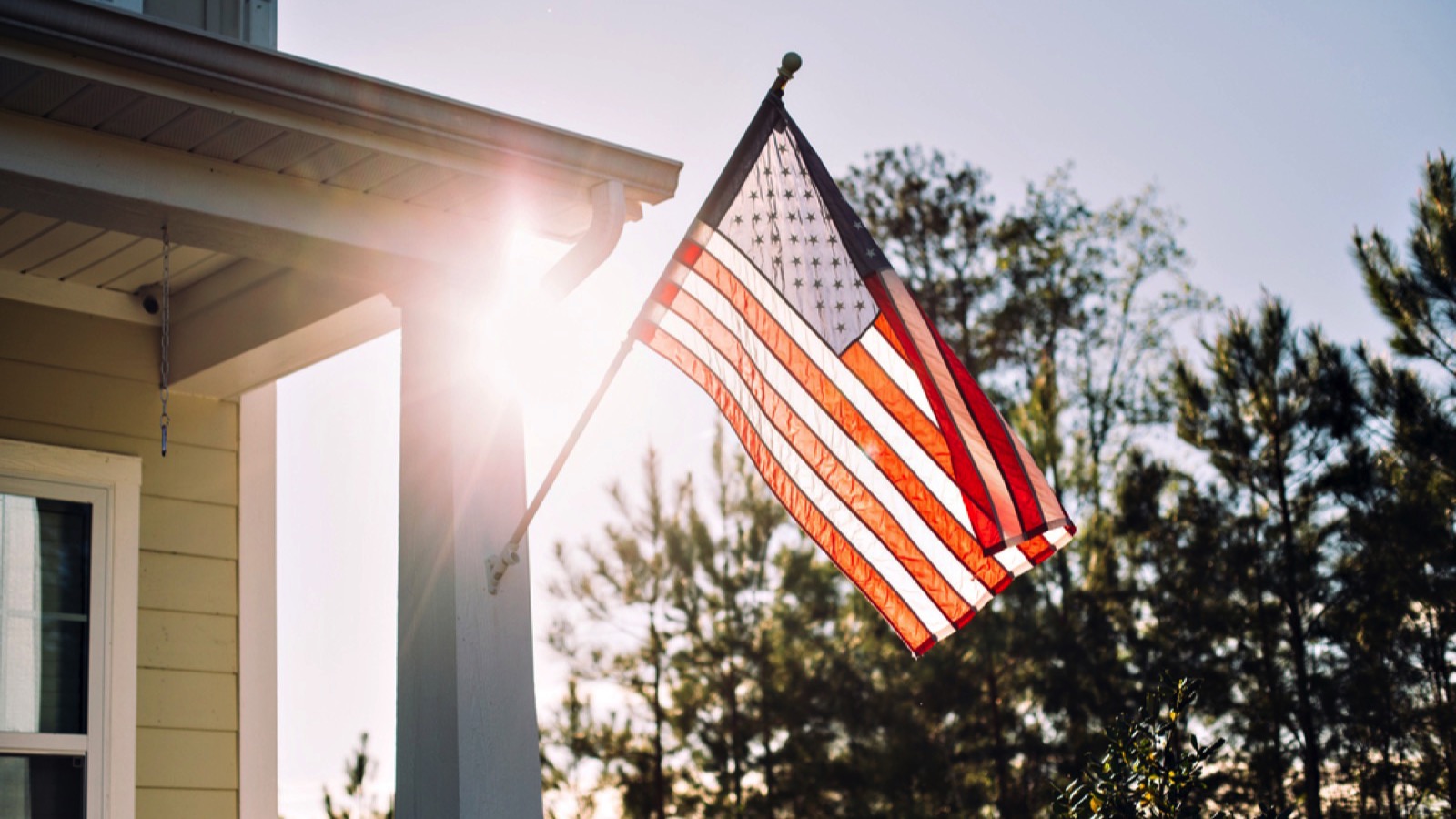
Americans have so much pride in their country, and they show this by displaying the U.S. flag everywhere. Flags can be seen on homes, businesses, and public buildings, and this level of flag display is less common in other countries, where national symbols are often reserved for official events, buildings, and holidays.
Pharmacies Selling Groceries

Pharmacies in the U.S. also often sell more than just medicine, so don’t be surprised to find groceries, cosmetics, and household items in them. Some even offer health services like flu shots and wellness clinics, and this is one way for them to be a one-stop shop for various needs and also make some extra bucks on the side.
Extensive Opening Hours
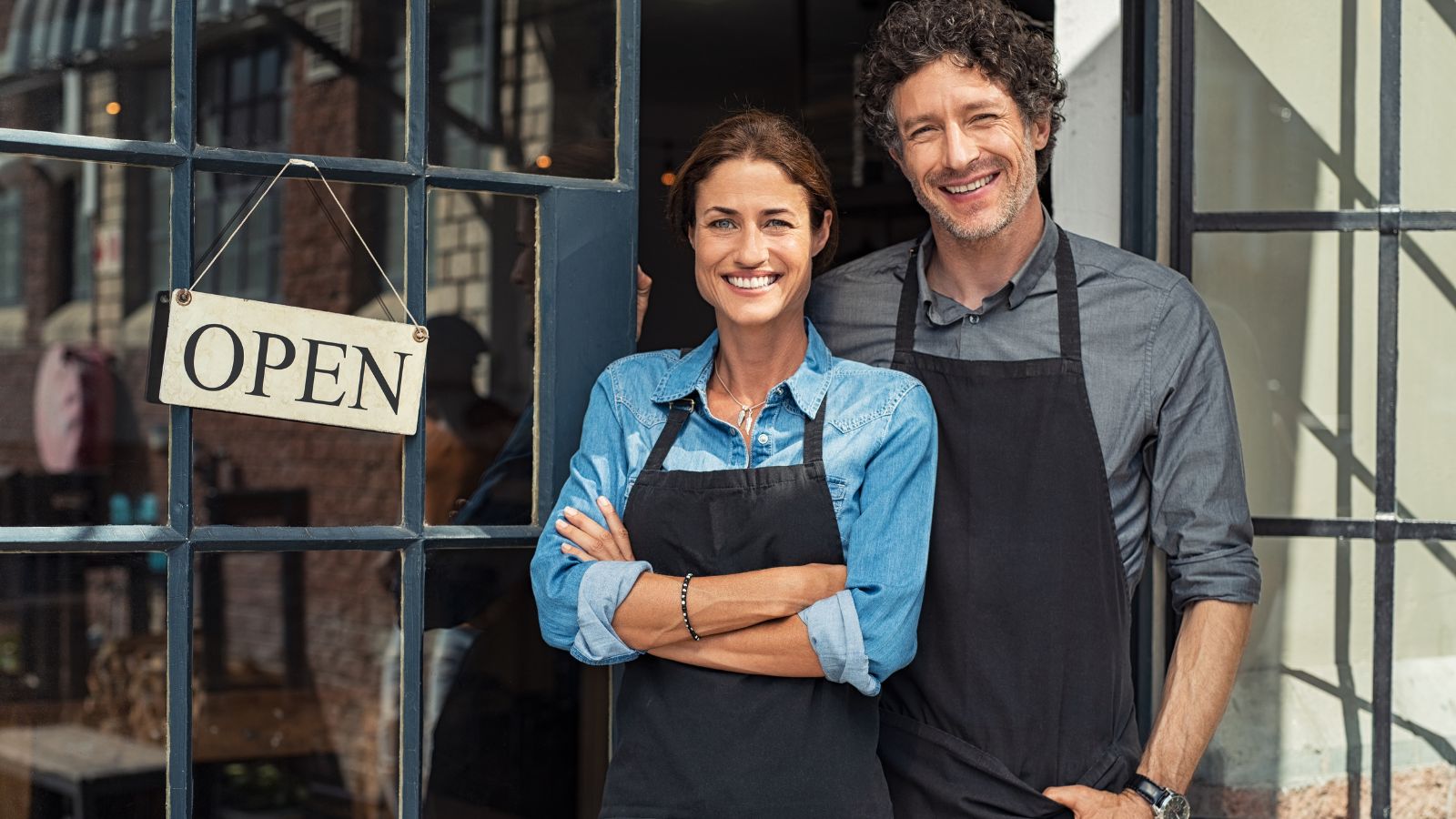
Many American stores and services have extended hours, with some even operating 24/7. This contrasts with other countries, where businesses might close earlier in the evening and have limited weekend hours. The result? Foreigners get a different shopping experience, which specifically (and positively) affects how they plan for necessities and emergencies.
Sales Tax Is Not Included Prior

In the U.S., sales tax is also added at the register or calculated at checkout, so the prices displayed on items do not include tax. This can be surprising for those used to seeing the final price upfront. What’s more, sales tax rates can vary by state and locality, adding to the confusion for foreigners.
College Sports Craze

College sports in the U.S. attract significant attention and funding, and there are large stadiums and enthusiastic fan bases to show for it. In fact, students gain college admission because of their prowess in sports, and you’ll agree that this phenomenon, often accompanied by extensive media coverage and merchandising, is not seen to the same extent elsewhere.
Cheerleading as a Sport

What’s even more surprising is that cheerleading is a recognized and competitive sport in America. High schools and colleges have dedicated cheerleading squads that go through rigorous training programs and compete against each other, representing a vibrant culture that fosters teamwork and discipline.
Using Paper Checks

Also, paper checks are still widely used in America, even though this is a declining trend. While many countries have moved to electronic payments, Americans still use checks for personal and business transactions, including paying bills. This traditional method is usually preferred by some for its security, traceability, and ease of use.
Supermarket Variety

American supermarkets offer a sheer number of choices, which can be overwhelming for visitors accustomed to more limited selections. Stores feature extensive sections dedicated to organic and specialty items and cater to a range of dietary preferences, international groups, and health-conscious consumers.
Friendly Strangers

Americans are also known for their friendliness, never holding back from striking up a conversation any chance they get. Strangers often greet each other with a smile or small talk, whether in an elevator or a checkout line, and this level of casual friendliness can be surprising to those from more reserved cultures.
Air Conditioning Everywhere

Air conditioning is a standard feature in American homes, offices, and cars. In fact, the EIA shares that about 88% of U.S. homes are air-conditioned, which is a lot compared to Europe, where fewer than 10% have this in place. Of course, this means that Americans spend significantly more on energy to support this interest.
Drinking Age at 21
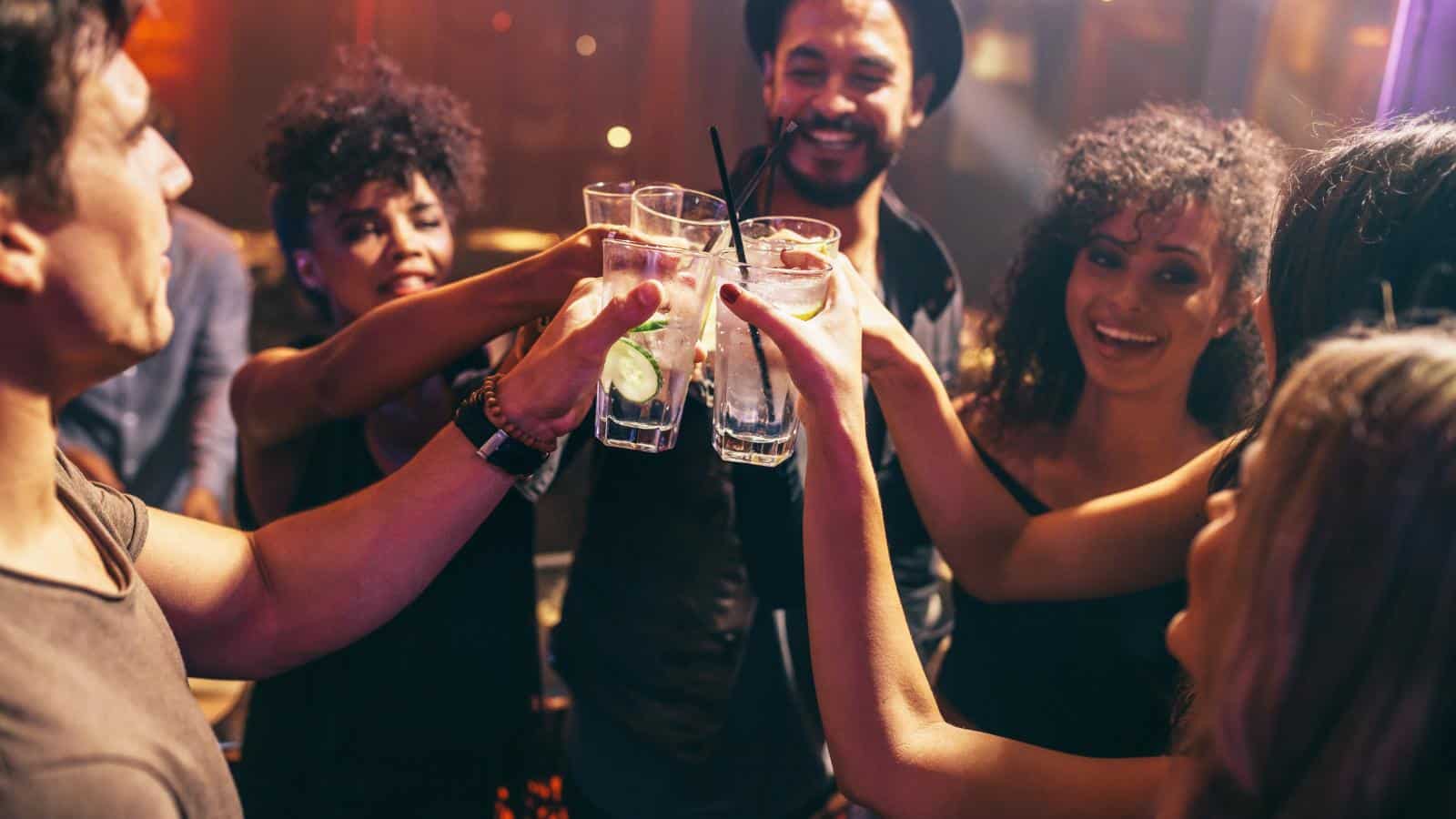
The legal drinking age in the U.S. is 21, which is higher than in most other countries. This law impacts social behaviors and can surprise visitors from places where legal drinking starts at 18 or, like in Belgium, Denmark, and Germany, even younger, at 16 years. The high legal age goes as far as influencing university campus policies.
Pharmaceutical Ads

Prescription medication advertisements are also common on American television. These ads are typically complete with lists of potential side effects, and the Atlantic reveals that the U.S. is one of only two countries in the world that entirely allow this—the other being New Zealand.
Garage Sales
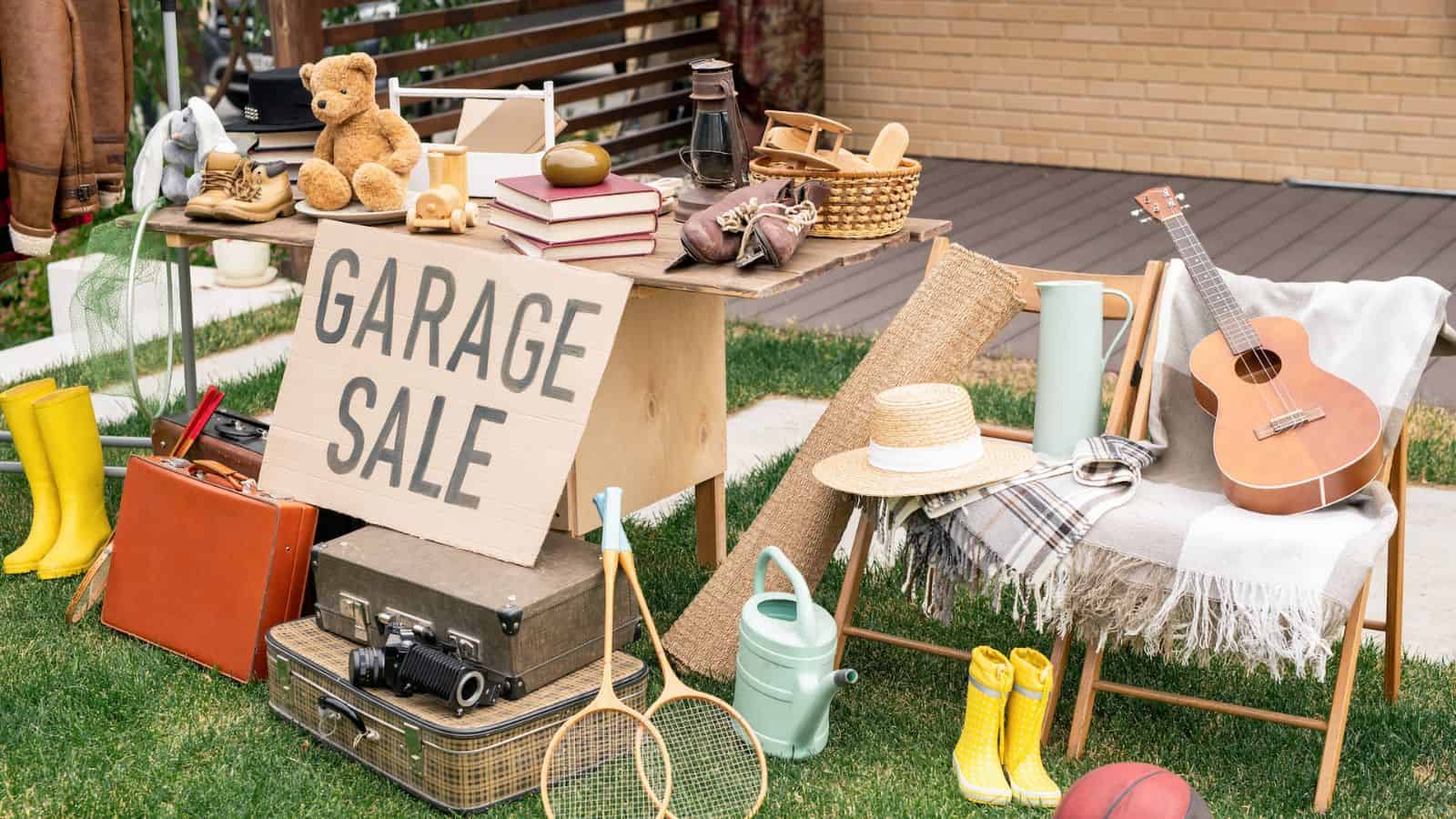
Garage sales are a popular way for Americans to sell unwanted items. Americans hold informal sales in their yards or garages that allow people to find bargains and recycle goods—a practice not as widespread elsewhere. Some garage sales are even advertised through local newspapers, community boards, or social media platforms.
Up Next: 20 Things Your Boss Is Legally Forbidden to Ask of You

The workplace should be a professional environment free from discrimination and harassment. While employers have the authority to ask questions regarding legal work obligations, there are certain personal boundaries they cannot cross. Whether it’s an invasion of privacy or an unfair request, here are 20 examples of things your boss is legally prohibited from asking of you.
20 Things Your Boss Is Legally Forbidden to Ask of You
18 Things That Say You Are Middle-Class and Not Rich

The difference between the rich and middle class can be confusing, but the two couldn’t be further from each other in reality. In this article, we look at 18 signs that someone is middle class but not at all rich or wealthy.
18 Things That Say You Are Middle-Class and Not Rich
18 Most Dangerous Cities in the World (5 Are in America)

Across the globe, there are many places you don’t want to find yourself because of the crimes waiting to occur. Sometimes, even nature can be cruel to you. This is particularly the case in the following 18 most dangerous cities in the world, five of which are in America!

